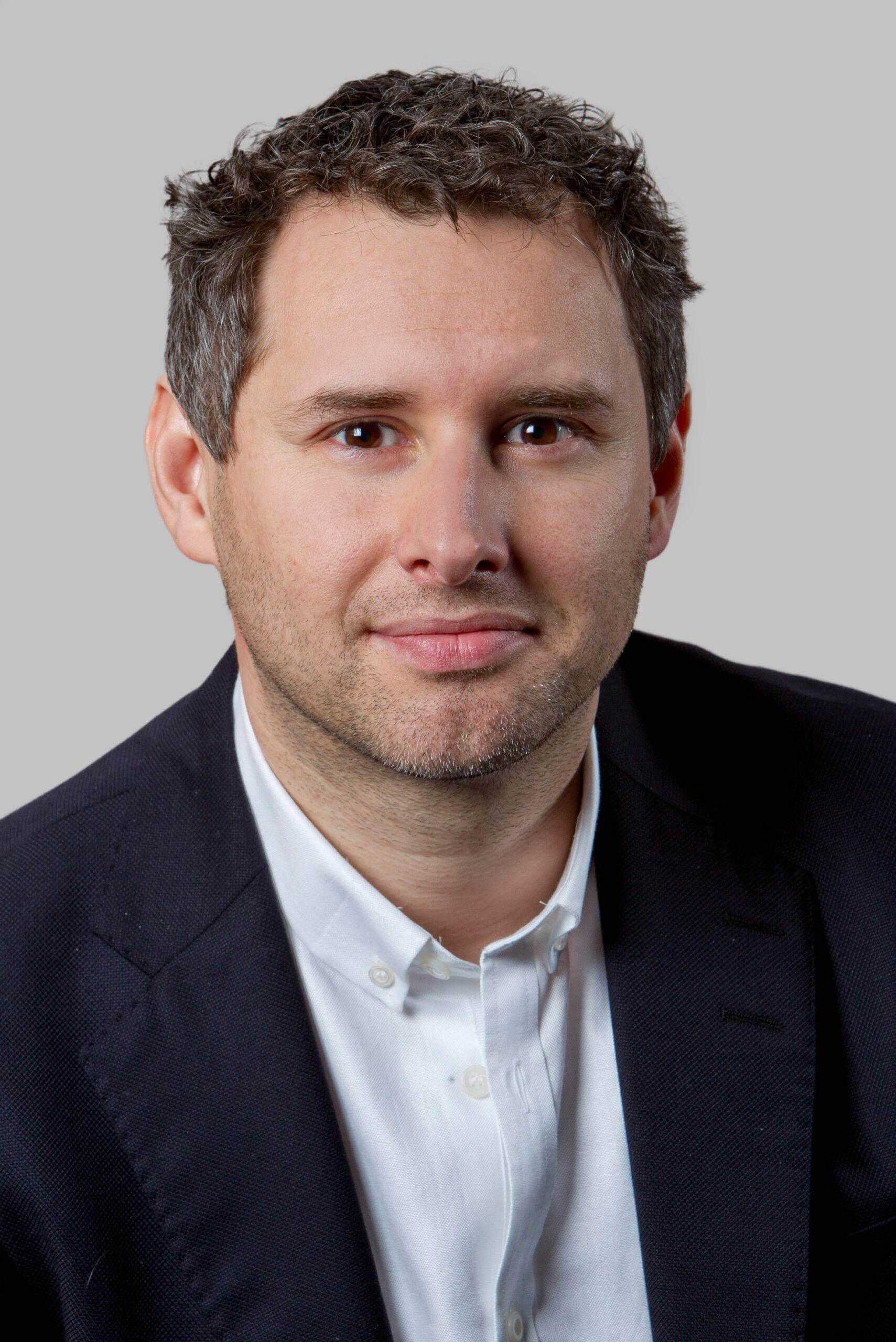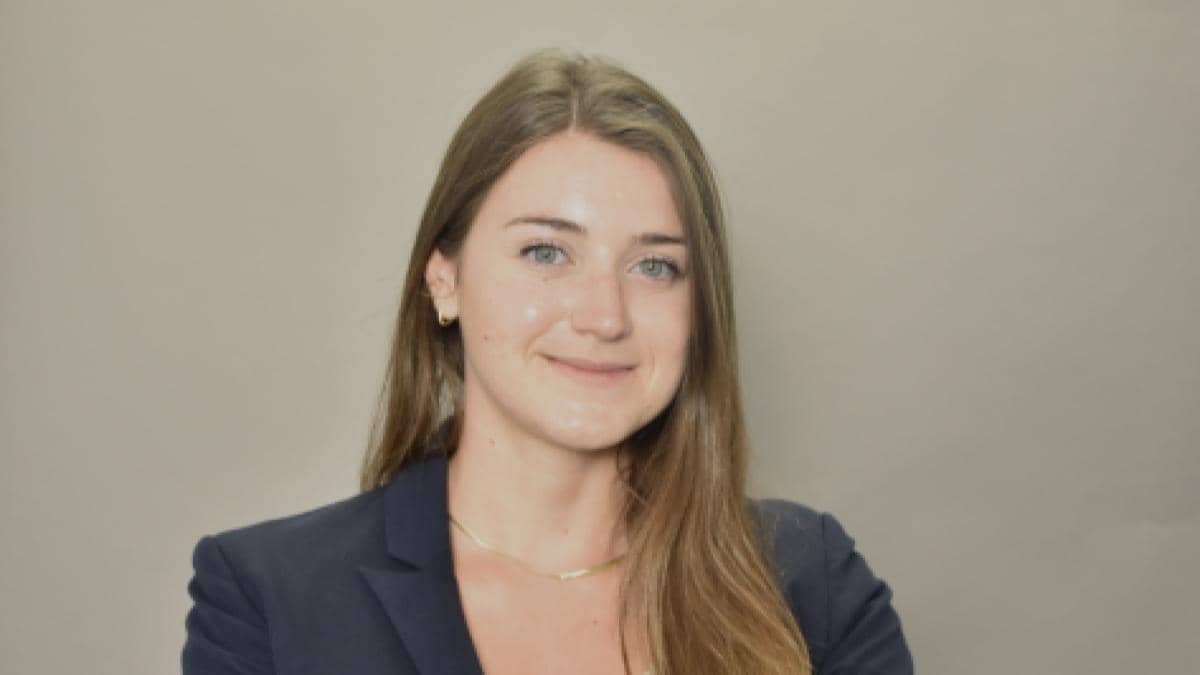Domenico Petrillo, from Zeus Capital (Aiguille Sa) is our Fund Manager of the Month

26 APR, 2023
By Constanza Ramos
An experienced Fund/Portfolio Manager, dynamic, proactive, organized, and result-oriented, with good interpersonal skills: Domenico Petrillo has developed for 12 years a considerable experience in proprietary trading and market making of credit bonds and Govies within the main Italian investment banks (Comit, Banca Akros, Imi), holding high-profile positions and generating outstanding returns.
In 2008 he switched to asset management, taking on the role of portfolio manager at a major Swiss family office. Accustomed to teamwork and leadership positions, he is able to successfully manage particularly stressful situations. Skilled in setting priorities, he is able to examine issues from multiple perspectives, understanding their components and situational characteristics in order to establish hierarchies. He currently holds the positions of Head of Asset Management and Managing Partner of Zeus Capital sa in Lugano. And today he is our Fund Manager of the Month for March.
When and why did your career in finance begin?
My passion for finance came to me when, as a little more than a teenager, I saw the movie Wall Street at the cinema. That led to my decision to enrol in the Faculty of Economics at university, culminating with a thesis in Securities Market Technique. So I joined an experimental project of the then Banca Commerciale Italiana (Comit), which selected 11 candidates they considered to have high potential. After a few months spent in some branches around Italy and some training courses, they called me back to the head office in Milan and asked me to join their market room as a trader/market maker on corporate bonds and government securities.
How does a daily working day unfold for you? How do you organize your time?
The day usually starts by gathering information, from macroeconomic and political developments to business developments. The first part of the day is then dedicated to gathering information in order to be able to set up portfolios correctly. To this end, you discuss the latest market developments with your colleagues on a daily basis.
Teamwork is the key to success. With all the information that has to be filtered and taken into account, teamwork plays a special role.
The second part of the day, therefore, takes place mainly under the sign of analysis. Possible new investment solutions for portfolios are constantly being sought. The markets are currently going through a very challenging period and new asset classes are added to the portfolios when appropriate, also in order to reduce volatility.
Proximity to investors is also periodically part of the daily routine, through round tables and presentations.
Corollary to this during the day there may be conf calls with analysts/strategists from investment banks or with the management of some listed companies.
What key principles guide your investment process?
The key points of the investment strategy are as follows:
Screening process:
Stages followed in portfolio construction
Definition of the macro reference framework: analysis of macroeconomic and political data to define the reference scenario and guidelines (i.e. unemployment and inflation rate, current policies, corporate activity trends, …). Analysis of global market characteristics: analysis and assessment of stock and bond market liquidity, new issues, interest rates, the foreign exchange market, technical factors and commodity prices.
Instead, the following criteria are followed for the bond component of the portfolios:
Credit Market & Sector Analysis: identification of the best investment opportunities within the various sectors analysed, in terms of duration, seniority or subordination of debt, of high beta versus low beta securities and by rating category.
Single name analysis: analysis of the single issuer; priority parameters for selection purposes are profitability, cash generation capacity, refinancing cost, any covenants present in the bond structure, management reliability and sustainability of corporate policies.
How are you adapting your portfolio to the current market situation?
In the current market environment I think it is important to maintain a decent liquidity buffer. Investment opportunities become available through large market corrections. These are not predictable events; therefore having some liquidity is an important concept in trying to create value for investors. I also consider it appropriate to allocate a portion of the portfolio to the most attractive secular macro trends:
Sustainability trend: green energy, recycling, sustainable technologies.
Ageing trend: food, pharma and healthcare.
New technology trend: cloud computing, cyber security, blockchain, Iot, 5G.
What kind of companies are most interesting to you when you try to build a portfolio? Which companies would you never invest in?
Target companies should have the following characteristics
Be turnaround stories
Have high growth potential
Be potential M&A targets
Special situations (spin off, restructuring…)
Deep value stocks
Priority is also given to companies with competitive advantages.
Companies with pricing power, availability of strategic resources, recognised brands or other competitive advantages have the ability to outperform in good and difficult times. A long-term investment strategy requires investments in companies that can withstand both good and bad economic times.
I would never invest in a company with an outdated business model and capital ratios that are not adequate for future prospects.
What is the biggest challenge you faced as a Fund Manager?
Managing the explosion of volatility in all asset classes in the weeks immediately following the Lehman Brothers default.
What advice would you give to someone who wants to pursue a career in asset management?
Certainly in-depth knowledge of management techniques is necessary, as well as the ability to know how to use them at the right time. To all this must be added a good dose of luck, which for activities with this risk profile is just as necessary as technical skills.
Cold-bloodedness, strong resistance to stress and good communication skills are also a must in such a job.
lWhen you have free time, what do you like to do?
In my spare time I like to play sports, go on trips, spend pleasant moments with my family.


